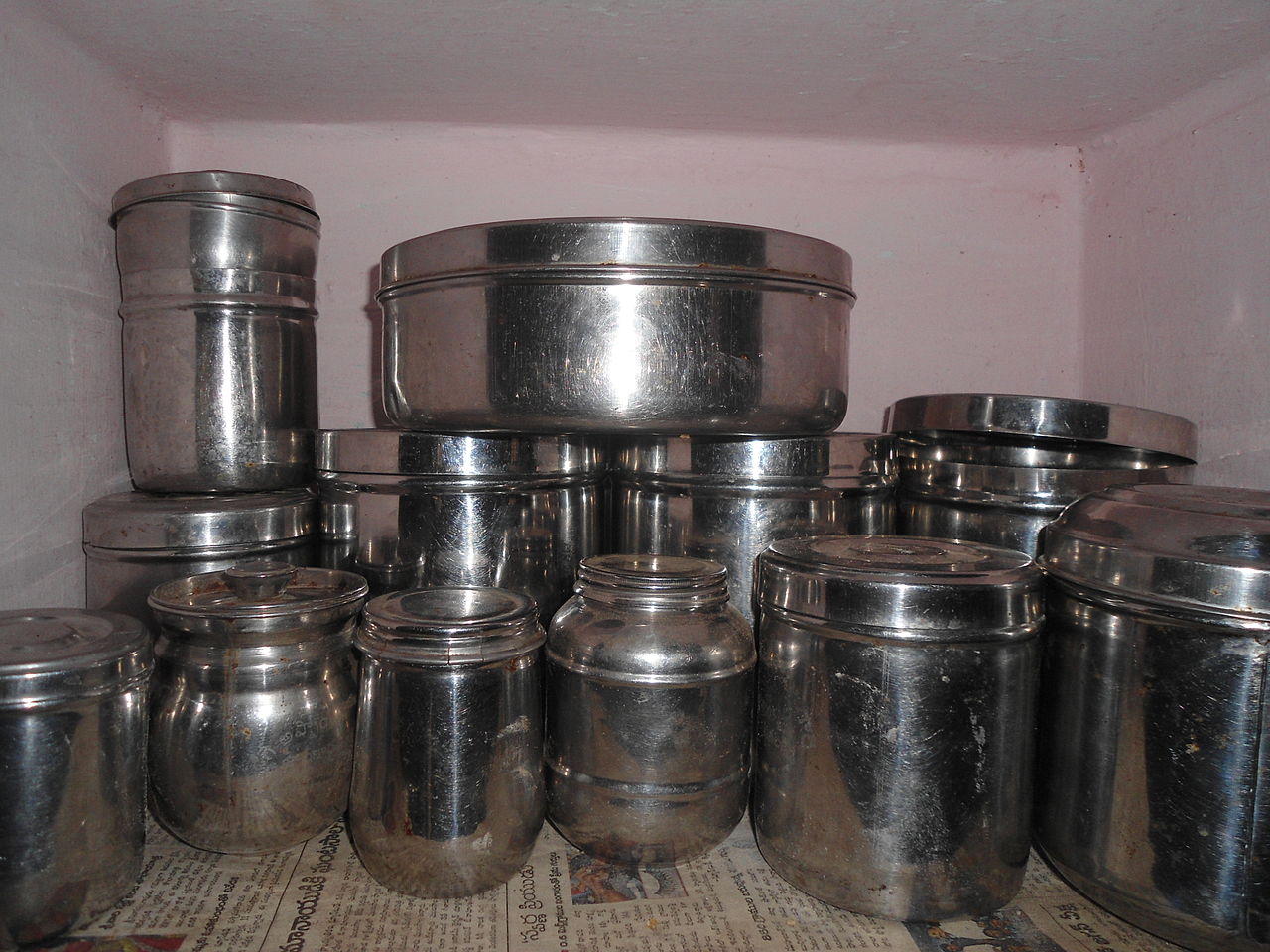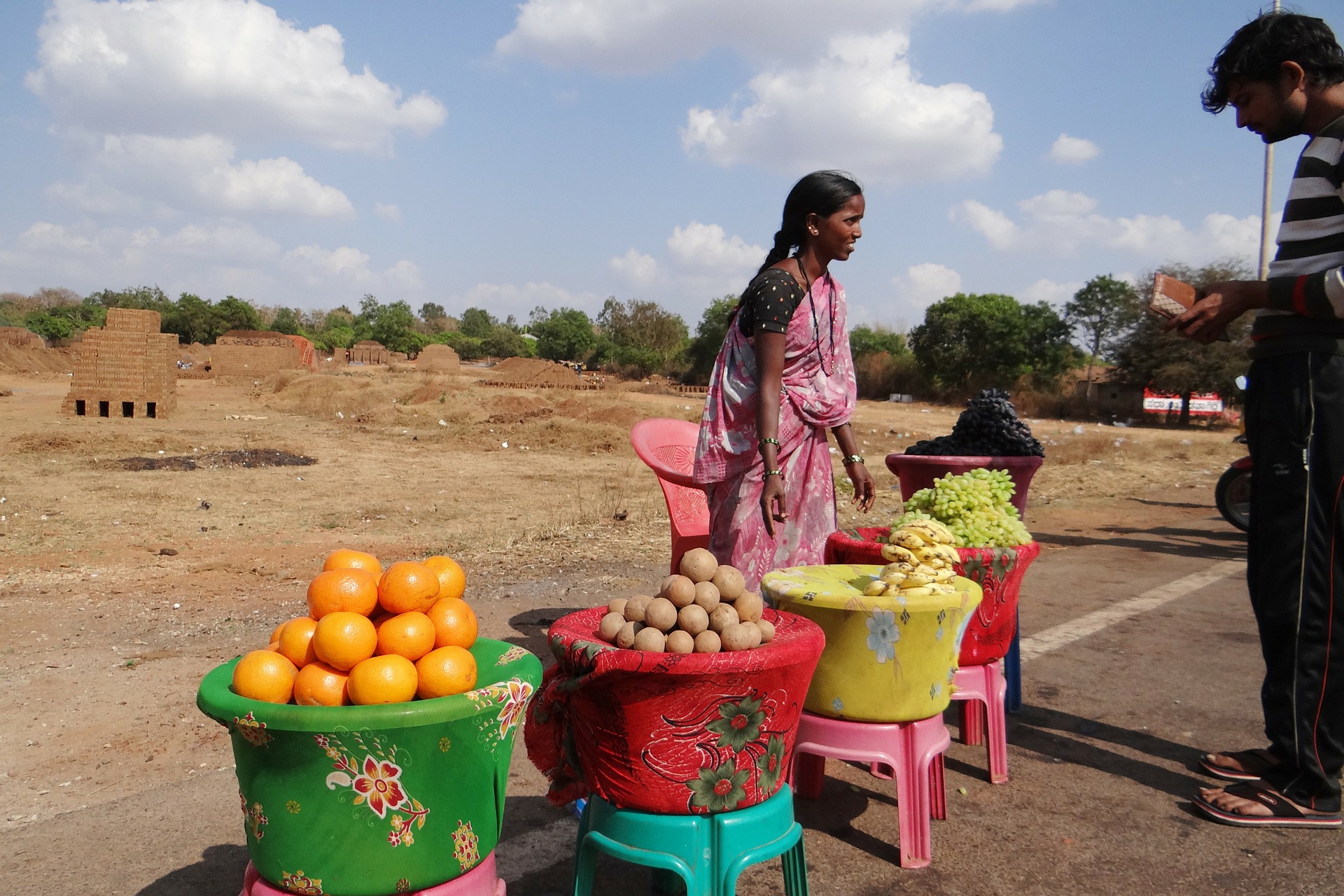12 Unusual but Ultra Simple Ideas to Help You Reduce Your Carbon Footprint Immediately
Every action contribute to the global carbon footprint, and taking small steps can go a long way in promoting a more eco-friendly world.

Every drop makes an ocean, so goes a famous proverb. Small steps can go a long way in attaining a bigger goal, especially when it comes to living in an eco-friendly manner. In a world with melting polar ice-caps and perennially rising temperatures, even minute measures undertaken at home and work and make a world of a difference to your carbon footprint.
Carbon footprint refers to the amount of carbon dioxide released into the atmosphere due to individual, organisation or community actions. While governments and environmental organisations are undertaking major project to curb carbon emissions, every person can contribute to the process. Whether it is recycling effectively or cutting down on power consumption, here are 12 unusual ways in which you can bring down your carbon footprint.
1. Doing takeaway? Carry your own containers.
 Image source: Wikipedia
Image source: Wikipedia
Doing this will certainly earn you stares and a few snide comments too. However, most restaurants use plastic or foil containers to pack the food that are both toxic and difficult to dispose of. Instead, why not carry your own containers which can be washed and reused after you’ve finished your meal? Sealed stainless steel cases are ideal for food items, while jars can be used for carrying juices, soup and liquid-based foods like sambar and rasam. Also, consider carrying a small, compact container to bring back leftovers.
2. Wash your veggies and fruits, and reuse the water.
Most of us wash our daily fruits and vegetables and let the water drain away. Yet, the water barely has any contaminants and no major toxic substances. You can easily use the water to mop your floors or water your kitchen garden, thus optimising on the resource. Simply wash your daily supplies over a large container to store the dripping water.
3. Wear your clothes as much as possible.
Wear your clothes a few times before dropping it into your laundry basket. Though summer and sweat can deter the process, washing clothes with every use isn’t just a waste of water but can also be damaging to the fabric. Try to wear your ensembles a couple of times—items like denims can be worn many times—before you turn on the rinse button. During summer, air drying helps to lessen any odour that might linger on worn garments.
4. Say no to disposable stationery.
Whether it is notebooks or one-time-use pens, disposable stationery contributes to significant levels of junk. Much like toothbrushes, plastic use-and-throw pens tend to remain where they have been trashed. The computer and Internet has helped to make a significant difference to the amount of stationery we use. But if switching to digital writing isn’t quite your cup of tea, try writing on used paper from printers and switch to old-fashioned fountain pens. Also look for bamboo-based or plantable stationery which are bio-degradable or can be recycled.
5. Used plastic cutlery as garden labels or craft projects.

This writer has lost count of the number of plastic spoons and forks that have made their way into her house. These are routinely given away with home-delivered or takeaway food packages and are either thrown away or piled away into heaps of plastic waste. Instead, you can use them for craft projects or as labels for your garden.
6. Carry cloth bags… everywhere.
Many people have begun to use and advocate for reusable cloth bags. But the move is only impactful when consumers carry their cloth bags everywhere. Whether it is a spontaneous shopping sojourn or a sudden takeaway plan, ask your vendors to place the items in your cloth bags. Look for small, easy to fold options, and don’t hesitate to ask the vendors to take already-bagged items out of plastic bags and put them into your reusable carrier.
7. Swap paper bills for online payments.
Whether it’s your monthly electricity bills or vouchers, online billing and payment modes can bring down the number of printed sheets and bills considerably. Many physical stores now send invoices over email instead of giving out printed copies. You can also forego the customer receipt when making card transactions and register for online accounts to pay regular bills as much as possible.
8. Replace paper napkins with cloth.

Paper napkins and disposable wipes have limited shelf life and eventually end up in trash cans. Disposable wipes may also contain plastic, which contribute to choked landfills. Instead, using cloth wipes as well as napkins will bring down your household consumption of non bio-degradable items. Cloth napkins and wipes can be easily washed and reused.
9. Skip the tumble dry option
Washing machines have helped to make laundry much simpler than ever before, but it comes with its pitfalls. Tumble dryers especially can consumer a large amount of energy. Drying clothes is still continued in India—as quaint it might be, the process is far more eco-friendly and energy-effective. Besides, your ensembles too need their share of sunlight.
10. Handle expired medicines with care
Flushing out medication or tossing them in regular trash can be hazardous—it could be consumed by unsuspecting animals and misused accidentally or deliberately. Don’t crush the tablets, but rather seal them in pouches and remove any identification on the packaging that may lead to misuse. You can seal them in pouches and give them to your waste collector specifically, or ask your doctor on the best means for disposal.
11. Use plastic bags as rainproof gear
A plastic bag is the household evil that you can’t neither keep nor trash. There are many alternate uses for plastic bags, but one cool way is to use these as shower caps or rain shoes. Fix small polythene bags securely around your hair during a shower—or rain—or knot up two bags at your ankle when wading through a waterlogged street. Unwanted plastic bags can also double up as a waterproof cover for your electronics.
12. Shop and consume locally

Whether you are shopping for clothes or groceries, buying local resources not only keeps your carbon footprint low but also contributes to community development. Encourage retailers who sell organic or sustainable products, whether it’s your neighbourhood weekly mandi or buying from local crafts fair. Also remember that unpackaged produce is better than packaged foods, and it really doesn’t matter if you wear the same outfit twice, or a dozen times.
Like this story? Or have something to share? Write to us: [email protected], or connect with us on Facebook and Twitter.
NEW: Click here to get positive news on WhatsApp!
This story made me
-
97
-
121
-
89
-
167
Tell Us More
We bring stories straight from the heart of India, to inspire millions and create a wave of impact. Our positive movement is growing bigger everyday, and we would love for you to join it.
Please contribute whatever you can, every little penny helps our team in bringing you more stories that support dreams and spread hope.



















